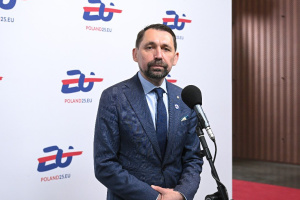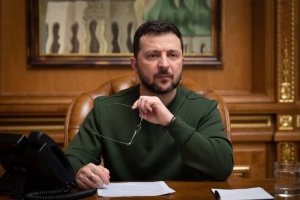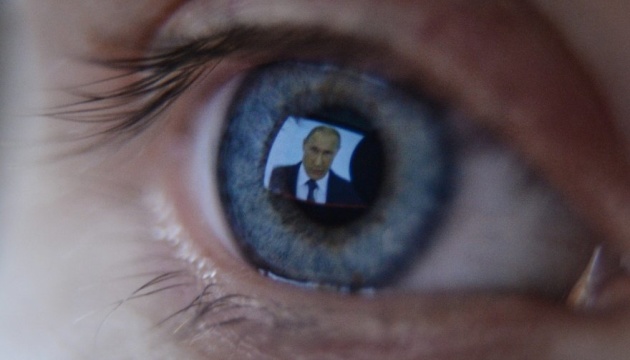
Russian propaganda in Latin America: What online media in Mexico, Argentina, and Brazil tell about Ukraine
Topics covered on Ukraine
Among the publications, topics on front line developments, economy, and energy were most frequently covered. Instead, the sanctions were slightly less highlighted, although the same trend, according to LetsData monitoring, was found on all continents between September 12 and 25. For example, in North America and Africa, the topic of sanctions comes fourth, and in Europe – fifth, giving way to the same topics as in Latin America, as well as the EU.
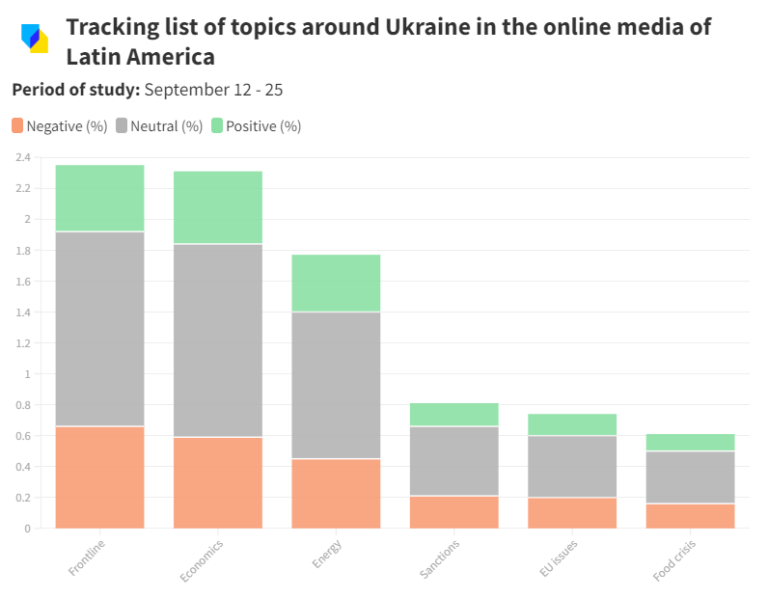
Quoting Kremlin propaganda media
One way to spread Russian narrtives is by quoting Kremlin media. Thus, Latin American media continue to cite Russian propaganda publications RT, TASS, Ria Novosti, Izvestia, and Sputnik.
It is worth noting that RT was not popular among the cited propaganda media. For example, in the said period, only 3.8% accounted for its quoting in Mexico’s online media. The most quoted in Mexico, Brazil, and Argentina were TASS, Ria Novosti, and Sputnik.
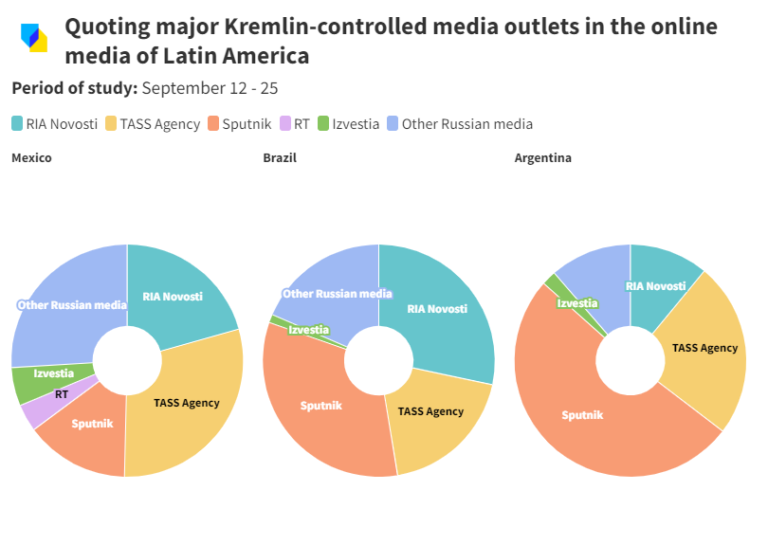
How they call Russian war on Ukraine
“Conflict” and “special military operation” remain in the toxic vocabulary in the information field of Latin America for the designation of the Russian war on Ukraine.
In Mexico, Argentina, and Brazil, the use of the word “conflict” prevails; less often, but still, the use of “special military operation” is present.
The use of “special military operation” to designate the war of Russia against Ukraine is in any case a dangerous option. For example, the absence of quotation marks indicates the reproduction of Russian narratives, while its use as a quote, on the one hand, proves inappropriateness of the term and on the other — the citation of Russian sources.
Russian propaganda messages that are being promoted
The most common topics of Russian propaganda in online media across Latin America concerned the nuclear threat, Russophobia, calls for peace talks, and China’s support for the Russian war against Ukraine. In particular, in Brazil, Mexico and Argentina, the following was reported:
Brazil
“Russia accuses the West of a nuclear threat”
“The Ukrainian counterattack led to the Russian nuclear threat”
- “Russia accuses the West of Russophobia”
- “Putin announced mobilization because the West wants to destroy Russia”
- “Promoting peace negotiations is an urgent priority in Ukraine”
Mexico
- “The West is involved in the war in Ukraine”
- “Russia responded to the Ukrainian counterattack with massive bombing”
- “China reaffirms its support for Russia”
- “China and Russia wish to restore a fairer world order”
- “Temporarily occupied regions of Ukraine ‘vote’ on a pseudo-referendum on joining Russia”
- “Ukrainians attack Donetsk to disrupt the ‘vote’ in a pseudo-referendum”
Argentina
- “Mexico presents Russia with a plan to reassure Ukraine”
- “While Putin intensifies the war in Ukraine, China remains at his side”
- “Putin wants to end the war with Ukraine”
- “Xi Jinping demonstrates its proximity to Kazakhstan, a traditional ally of Moscow”
Center for Strategic Communication and Information Security


